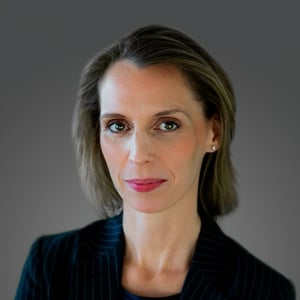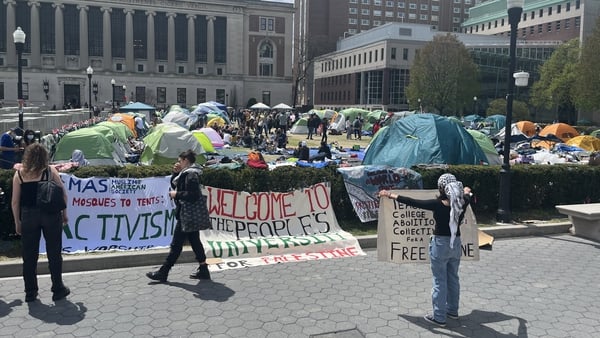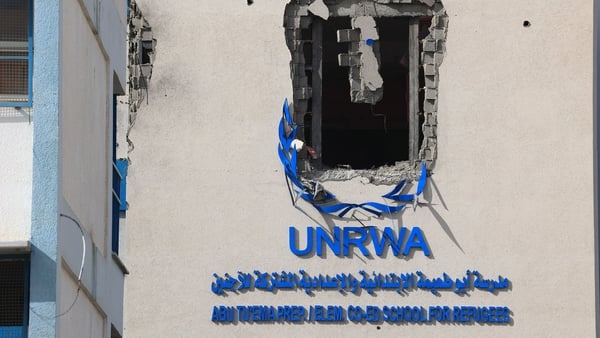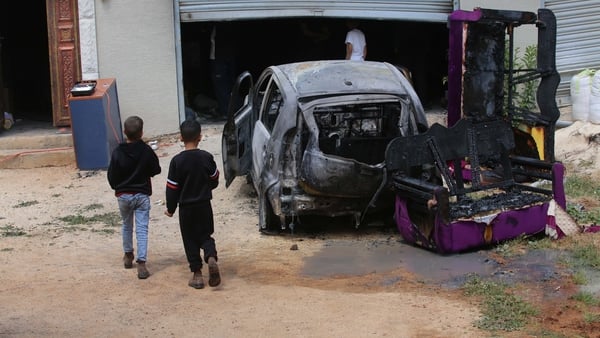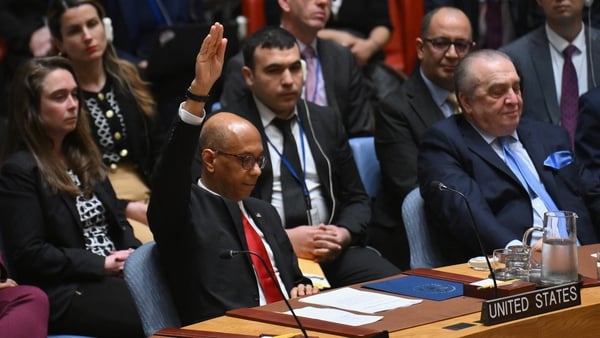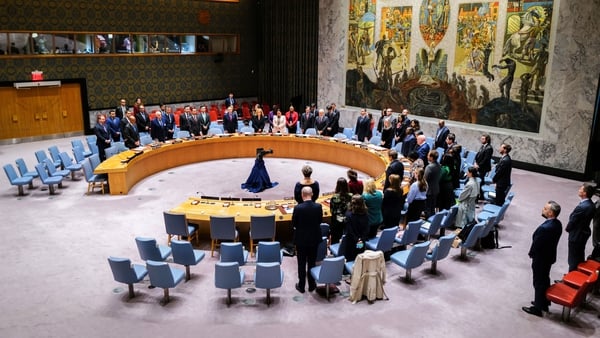World leaders descended on New York this week for the annual opening session of the General Assembly.
They have been doing this for 78 years.
But this week, the UN has come in for such harsh criticism that some wonder how many more years the meeting will convene.
It didn't start very well when four of the five leaders of the "P5" – the permanent members of the Security Council – failed to show up.
France’s President, Emmanuel Macron, had a fancy banquet planned for the King of England. Chairman Xi Jinping of China sent a deputy.
Britain’s prime minister, Rishi Sunak, said he was busy while President Vladimir Putin of Russia, with an international arrest warrant hanging over him, is very unlikely to step onto US soil ever again.
That left the US President, Joe Biden, going it alone.
Their absence set the tone for the General Assembly and for the other major events this week, one to revive the flailing Sustainable Development Goals, another dedicated to climate and a third on pandemic prevention.
At a news conference on Monday, the EU foreign policy chief, Josep Borrell, told reporters "we cannot sit and wait for them to come," but that work would continue without them.
Later, at a side-event, he lambasted the UN Security Council for being "completely useless because they haven’t been able to agree on anything."
Ukraine’s President, Volodomyr Zelensky, picked up the theme when he spoke to the Security Council on Wednesday. He called for Russia to be stripped of its veto power.
"Ukrainian soldiers now are doing at the expense of their blood what the UN Security Council should do by its voting," he told the Council.
He said that humanity no longer "pins its hopes on the UN."
The deadlock in the security council exposes the divide between East and West. But this week’s event also highlighted the growing chasm between North and South – shorthand for the developed and developing world.
With President Zelensky in town, there was always a danger this week that the war in Ukraine would appear to take priority over other conflicts and crises around the world and some world leaders pointed it out.
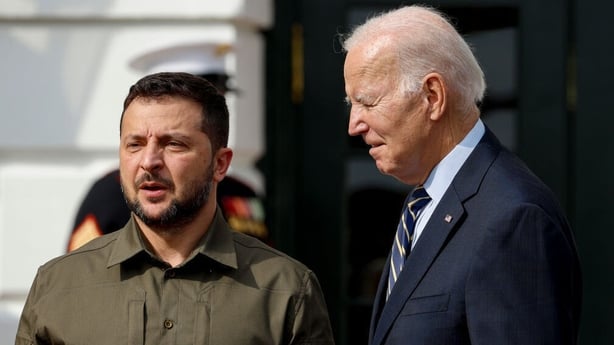
"I ask, what is the difference between Ukraine and Palestine," Gustavo Petro, the President of Colombia asked in his address to the General Assembly.
"Isn’t it time to end both wars and other wars," he said, "and use the little time we have to build the roads to save life on earth?"
It was a week when politics won out over principles at the UN, one diplomat from Africa told RTÉ News.
Ngandu Ilunga, Ambassador of the Democratic Republic of Congo to the African Union said he had held discussions with ambassador friends from the Western world who told him, "Ukraine is next door to our countries, so it's more threatening for us than faraway conflicts in Africa, or Latin South,"
"This is totally unacceptable," he told RTÉ News, "either we are one humanity or we are not."
He also questioned the developed world’s commitment to the Sustainable Development Goals – the UN’s blueprint for improving lives and protecting natural resources.
"If you are genuinely for sustainable development," he said, "why do you allow this chaos, these wars and conflict to spread all over the world?"
In the aftermath of World War II, the Western world set up the Marshall plan for reconstruction of Europe.
"What is the Marshall Plan for Africa?" he asked.
There is no strong determination to see a strong, prosperous, highly developed DRC or Sahel region, he told RTÉ News, but there is a desire for access to minerals at cheap prices.
The DRC has experienced one of the longest-running conflicts and humanitarian crises in the world. It is also home to vast gold, copper, diamond, and cobalt reserves.
This week, China, a permanent member of the Security Council member, was keen to burnish its developing country credentials in solidarity with the Global South and in contrast to the developed North, despite being the world’s second largest economy.
China "breathes the same breath with other developing countries and shares the same future with them," Vice President, Han Zheng, told the General Assembly on Thursday.
China has been keen to position itself as a leader for the Global South, an alternative to "Western Hegemony."
It is widely acknowledged inside the UN system that a shift is taking place away from a unipolar world with the US at the helm to one with several "poles."
The question is whether the UN can weather the transition.
The Secretary-General, António Guterres, warned of a "Great Fracture" in his opening address to the General Assembly this year.
For the UN to survive, he said, it needs to reform.
At this year's 78th session of the General Assembly, the cracks are beginning to show.

